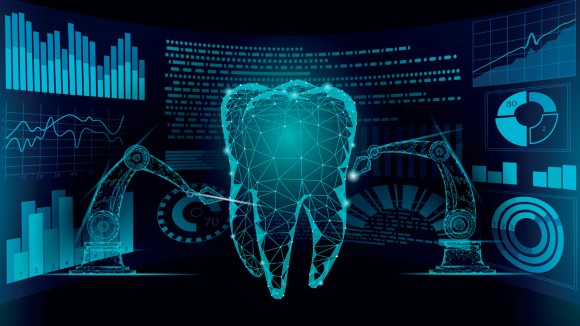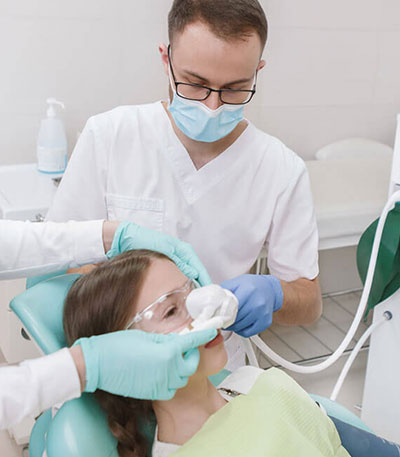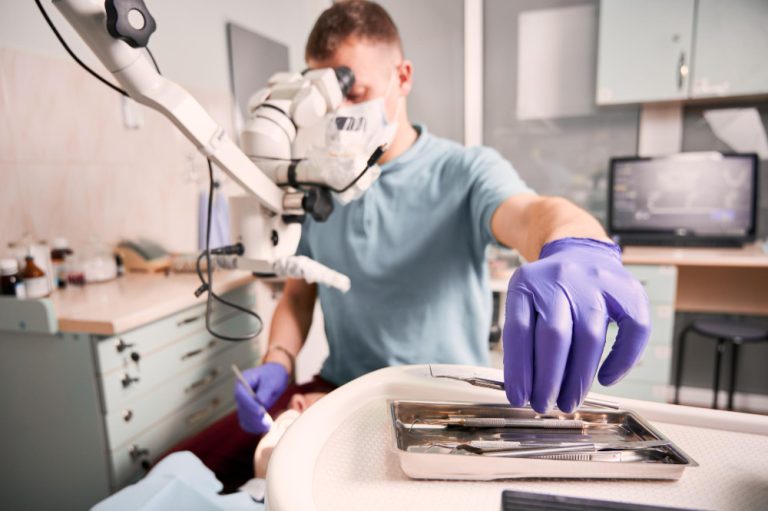As the director of Digital Dentistry Education and an advocate for the International Digital Cosmetic Dentistry Academy, Dr. Christian Brenes is a prosthodontist who is eager to help dentists and technicians navigate the world of digital dentistry. His expertise is in dental implants, cosmetic dentistry, and digital dental technologies. We spoke with Dr. Brenes about his profession as well as his ideas on digital dentistry and why he is such a big supporter of its advantages.
Table of Contents
ToggleYou specialise in difficult oral and maxillofacial rehabilitations, dental implants, and aesthetics as a prosthodontist. What are some of the difficulties you experience at work?
For many years, I’ve been associated with digital Cosmetic dentistry, and I’ve been completely absorbed in digital technology not just in the clinical setting, but also in research. As a prosthodontist, I need the highest level of precision possible to get the best fit for restorations and passivity between implant restorations. That is why we are constantly on the lookout for products or processes that might supply us with the necessary precision and efficiency. Furthermore, with physical models, finding a mechanism to track changes over time for the investigation of various oral diseases was always a difficulty. Nowadays, digital data analysis allows us to keep patient data without causing damage or taking up physical space.
You’ve said that you’d like to assist dentists and technicians in making the shift to digital dentistry. What piqued your interest in the subject? How long have you been working in the field of digital dentistry?
I didn’t have access to digital equipment when I was in dentistry school, but when I started my residency programme in prosthodontics and began exploring out of curiosity, I quickly saw the benefits of utilising computers and software instead of analogue instruments. I’ve been completely absorbed in digital dentistry for over 8 years and have committed my whole academic career to it.
What do you believe is the most significant benefit of transitioning to digital dentistry?
Efficiency and predictability are two significant benefits that I constantly mention in my talks. Digital dentistry has the potential to significantly improve efficiency in terms of how a private practise should run, reducing time and increasing output. The second benefit is treatment predictability; not being completely reliant on subjective clinical talents to obtain outstanding results for our patients; things like accuracy, and the possibility of scanning and duplicating natural shapes have never been seen before in the history of dentistry.
What advice do you have for dentists and technicians attempting to make the shift to digital dentistry?
Get informed; identify mentors who can assist you along the proper road and make the learning curve smoother.
You must have tried out many various scanners because you are a teacher and have been involved in CAD/CAM technology development. What do you appreciate best about Medit’s scanners?
Medit is one of the industry’s leaders, and what distinguishes the firm is its emphasis on scanning technology. Unlike other companies that have rapidly expanded into new product categories while not upgrading their scanning skills. Medit has kept working on the core. Some businesses have good scanners as well, but I believe we have reached a stage where hardware is highly precise and suitable for the most of clinical applications; thus, software enhancements are the way forward for the most part. As a result, issues such as data analysis, communication, and business philosophies on how to deal with data will make a significant impact in the near future. I believe Medit possesses all of these characteristics and is continually improving.




